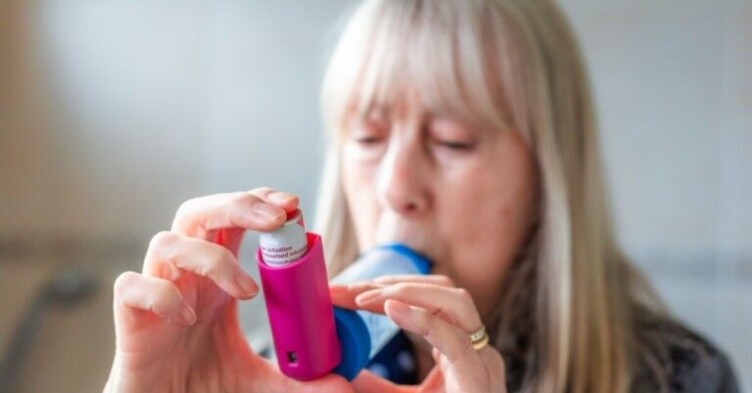Former health and social care secretary Matt Hancock has defended the introduction of compulsory vaccination for social care workers during the Covid-19 pandemic – that was later scrapped – insisting that the measure’s ‘overriding moral value’ negated any potential misgivings among the workforce.
Sam Jacobs, representing the Trades Union Congress at the UK Covid-19 Inquiry, asked Mr Hancock whether he had considered that making vaccinations as a condition of employment could have exacerbated trust issues for some workers.
In response, the former health and care secretary insisted that the evidence suggested ‘the exact opposite conclusion’.
He said: ‘There were those concerns raised, and concerns raised that tens of thousands of people would leave employment. That isn’t what happened.
Related Article: No extra testing needed for notifying chickenpox cases, guidance says
‘That isn’t what happened because clinically proven vaccines are safe and effective, and the moral obligation is to save lives. So, I understand the argument, but it isn’t borne out by evidence.’
Mr Hancock added: ‘Vaccination rates increased, and I think most people in employment in care settings understood, and understand, that part of their responsibility is not to infect the people they’re caring for with a potentially deadly disease.
At the time, the focus was on ‘saving lives’, he said.
‘Obviously, I understand those concerns, and anybody introducing a vaccination as a condition of employment should be sensitive to those concerns, but ultimately the imperative of saving lives is more important.’
Mr Jacobs asked whether the ‘downsides’ of the argument meant that using persuasion and trust would have been more effective ‘in the round’ than applying the sanction of job loss.

Mr Hancock replied: ‘No, I think that if somebody doesn’t want to use science that’s available in order to protect the people they care for, then it’s entirely appropriate that they should seek employment elsewhere.’
He added: ‘To say there’s a balance is accurate, but in this case, the scales of that imperative are very heavily weighted in favour of using science to save people’s lives.
Related Article: Government to freeze prescription charges for first time since 2022
‘Even if there were concerns, the life-saving imperative has, in my view, an overriding moral value that requires and demands that this policy is the right one.
‘So, of course, I understand those concerns, and we discussed them and considered them ahead of bringing this into social care, but they are not borne out by reality.’
Care home staff in England were required to be double-vaccinated against Covid-19 from 11 November 2021. At the time, Vic Rayner, chief executive of the National Care Forum, said the policy had resulted in ‘a loss of trust and goodwill’ among care home employees.
Covid-19 vaccinations were then made mandatory for all frontline health staff in England – including nurses in general practice and the community – from April 2022.
Mandatory vaccination for patient-facing healthcare staff was eventually scrapped in 2022 following consultation. Out of more than 90,000 consultation responses, 90% of respondents supported revoking the mandate for healthcare staff, with only 9% saying it should still be enforced.
Related Article: Safety warning on overuse of SABA inhalers from MHRA
The Department of Health and Social Care acknowledged that the consultation responses ‘showed clearly the strength of feeling about the policy, both through the large number of total responses received and the clear preferences indicated’.






